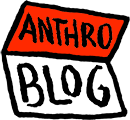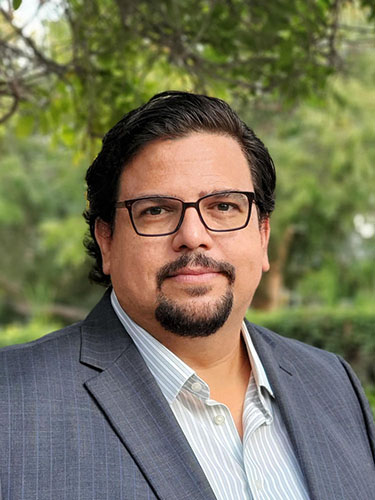Date:
January 31, 2022
12:00 pm
← Go back
Job Talk / Alberto Morales - Science from Below: Multispecies Relations and Global Health Inequalities
With climate change on the rise, and its impact on ecologies, biodiversity, and racialized geographies, emerging infectious diseases present a considerable threat to public health and health security globally. Based on 18 months of fieldwork in Panama City, Panama, this talk sheds light on the ecological and multispecies relations that figure prominently in global health research and the work of natural products scientists. Natural-products scientists are interdisciplinary researchers who study the chemical properties of naturally occurring compounds in biodiversity-rich regions of the world for potential pharmaceutical developments. This talk shows how emerging forms of multispecies care and mutualism are emblematic of current planetary health and environmental concerns, not just for humans but also for other living beings. In today’s post-COVID-19 world, vaccine and drug research are more critical than ever, and the diversity of those who participate in creating and disseminating scientific findings is even more crucial.
Alberto E. Morales is currently a Postdoctoral Research Associate & Lecturer in the Program for Latin American Studies at Princeton University. He received his Ph.D. in Anthropology from the University of California, Irvine, and a B.S. in Biological Sciences also from the University of California, Irvine. His research interests lie at the intersections of bioeconomy, race, global health equity, and the geopolitics of knowledge production. In his current book manuscript, Morales draws on his interdisciplinary background in Chicano/Latino Studies, Latin American Studies, and Medicine, Science, and Technology Studies to analyze how precarity, absence, and hope are lived and experienced in technoscientific communities across racialized geographies of health. More recently, Morales has been experimenting with multi-modal ethnographic work, including visual and sensory/sound methods, and with innovative digital pedagogy to push the possibilities of transmedia and epistemic modes of engagement in research, teaching, and the expansion of the imagination.

